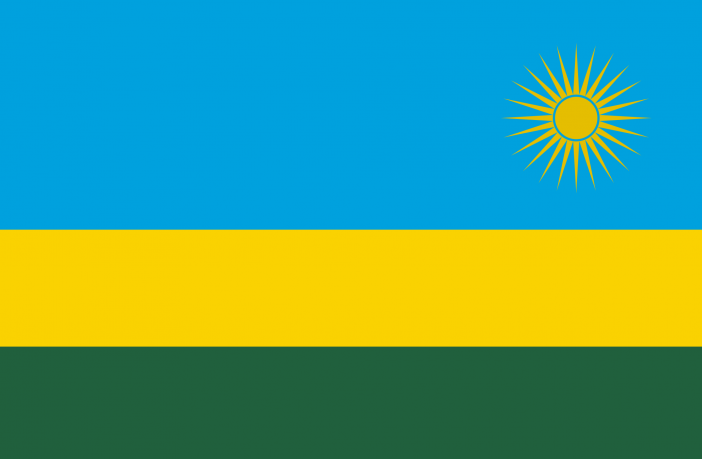- Rwanda recently unveiled its new national climate programme.
- The Rwandan Nationally Determined Contributions (NDC) Plan comprises ten major climate projects with a total value of USD 2.4 billion in sectors such as energy, agriculture, meteorology, health and water.
According to the World Bank’s Doing Business 2020 report, the country’s new climate plan includes several projects planned by the Rwandan government to meet the Paris Accord targets. Green projects will be funded by the Government of Rwanda, Rwandan communities, the private sector, NGOs, the Rwanda Green Fund, as well as international actors.
Among the climate investments on the horizon in Rwanda is the “E-mobility” programme. This will reduce harmful pollutants and improve the population’s resistance to disease and the adverse effects of climate change. This will be done through the progressive adoption of buses, private vehicles and electric motorcycles from this year onwards. The “E-mobility” programme is expected to cost 900 million USD (more than 854 billion Rwandan francs).
Related news: New e-bike taxi service launched in Rwanda
Another green project is the dissemination of modern and efficient cooking stoves to 80% of the rural population and 50% of the urban population of Rwanda by 2030. Green cooking will help reduce the consumption of firewood and fossil energy for cooking and in turn reduce the pressure on Rwanda’s forests. The implementation of the modern stove project is expected to require funding of USD 380 million.
Rwanda’s national climate plan also provides for the implementation of a solar water pumping project for irrigation for agricultural production. Solar pumps will replace diesel pumps. In this way, CO2 emissions that cause climate change will be reduced and food security improved. To implement this project, the Rwandan government will invest 285 million USD (over 270.5 billion Rwandan francs).
Water security has also been taken into account in the NDCs. Specifically, Rwanda plans to develop national water security through water conservation practices, wetland restoration, water storage and water efficiency.
A USD 115.9 million programme is also planned for reforestation and afforestation, as well as for forest resource management, sustainable agriculture and agroforestry.
Related news: Construction of 1.9 MW Rucanzogera mini hydro project set to begin
Author: Bryan Groenendaal











